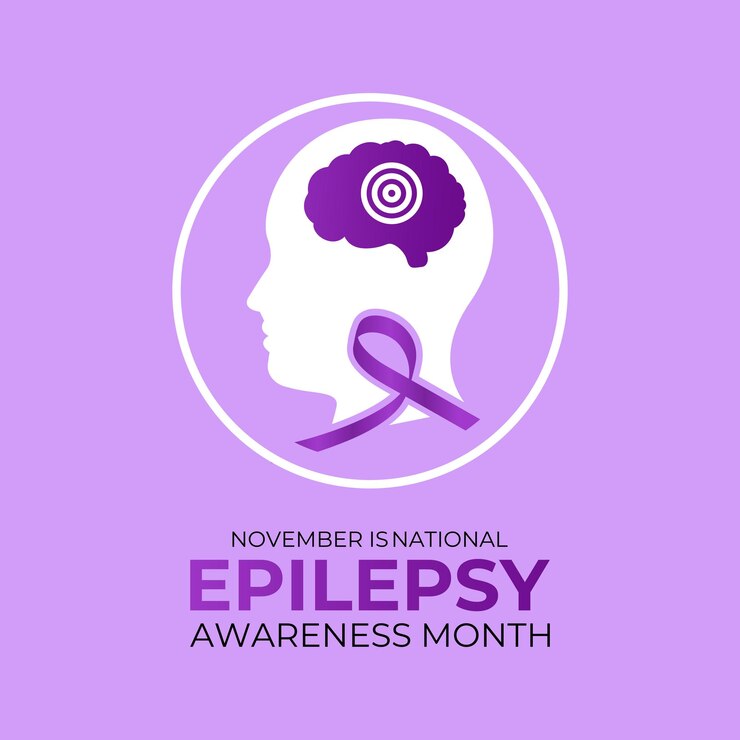Table of contents
Epilepsy is a neurological disorder that affects millions worldwide, characterized by recurrent seizures that can vary in intensity and frequency. Traditionally, pharmaceutical treatments have been the primary approach for managing epilepsy. However, with growing interest in natural therapies, CBD (cannabidiol) has emerged as a promising alternative or complementary option. In this blog, we’ll explore the comparison between CBD and pharmaceutical treatments for epilepsy, examining their effectiveness, benefits, and potential considerations.
Understanding Epilepsy and Conventional Treatments

Epilepsy stems from abnormal electrical activity in the brain, leading to seizures that can significantly impact a person’s quality of life. Traditional pharmaceutical treatments typically include:
- Antiepileptic drugs (AEDs) such as valproic acid, carbamazepine, lamotrigine, and levetiracetam.
- Surgical interventions in severe cases.
- Dietary therapies like the ketogenic diet, especially in children.
While these methods are effective for many, about 30% of individuals with epilepsy experience drug-resistant epilepsy, where conventional medications fail to adequately control seizures.
The Rise of CBD for Epilepsy

CBD, a non-psychoactive compound derived from the cannabis plant, has garnered significant attention in epilepsy research. In 2018, the FDA approved Epidiolex, a CBD-based medication, specifically for two rare and severe forms of epilepsy: Dravet syndrome and Lennox-Gastaut syndrome.
CBD works by interacting with receptors in the brain and body’s endocannabinoid system, influencing neurotransmitter release and reducing abnormal neuronal activity linked to seizures.
Comparing CBD and Pharmaceutical Treatments for Epilepsy
1. Effectiveness
- Pharmaceutical treatments: Effective for many but not all patients. Long-term use may lead to tolerance or resistance.
- CBD: Clinical studies, especially on Epidiolex, show that CBD can significantly reduce seizure frequency, particularly in drug-resistant cases.
2. Side Effects
- Pharmaceutical drugs: Common side effects include dizziness, fatigue, weight gain, mood changes, and in some cases, liver damage.
- CBD: Generally well-tolerated, with mild side effects such as drowsiness, diarrhea, and changes in appetite.
3. Mechanism of Action
- Pharmaceuticals: Target various neurotransmitters or ion channels to stabilize brain activity.
- CBD: Modulates the endocannabinoid system, enhances neuronal protection, and reduces inflammation in the brain.
4. Cost
- Pharmaceutical drugs: Often covered by insurance but can be costly without coverage.
- CBD: High-quality CBD treatments like Epidiolex can be expensive and might not be fully covered by insurance.
5. Accessibility
- Pharmaceuticals: Readily available through prescription and widely accepted by the medical community.
- CBD: Legal status varies by country and state. Epidiolex requires a prescription, but over-the-counter CBD oils may not be standardized.
FAQs about CBD vs. Pharmaceutical Treatments for Epilepsy
Not for everyone. While CBD can be highly effective for certain forms of epilepsy, many individuals may still require pharmaceutical medications or a combination of both.
Yes, Epidiolex (a purified form of CBD) is FDA-approved for use in children with specific types of epilepsy. However, dosing and monitoring by a healthcare provider are crucial.
Yes, CBD can interact with certain AEDs, altering their blood levels. Always consult a doctor before combining treatments.
Some patients notice improvements within weeks, but it may take several months to achieve optimal results and dosing adjustments.
No. While Epidiolex is FDA-approved in the U.S., access to CBD-based treatments varies internationally. Always check local regulations.
Conclusion
When considering treatment options for epilepsy, both CBD and pharmaceutical therapies offer distinct benefits and challenges. Pharmaceutical medications have a long-standing record of effectiveness but come with potential side effects and limitations for drug-resistant cases. CBD, particularly when medically supervised, provides a promising natural alternative that could enhance seizure control and improve quality of life.
As always, patients should consult with their neurologist or healthcare provider to develop a safe and effective treatment plan tailored to their individual needs. Research continues to unveil new insights into how CBD and pharmaceuticals can be used synergistically to manage epilepsy more effectively.





